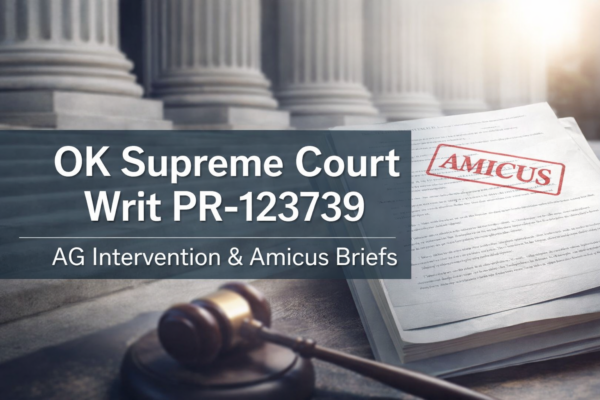
How to Handle: “Insurance Already Denied It” (Roofing & Storm Claims) — 2026 Guide
When a homeowner says, “Insurance already denied it,” most contractors either: Both are mistakes. A denial doesn’t always mean “no damage.” It often means: Your job is to respond professionally, protect the homeowner, and offer a clear next step without acting like a public adjuster or guaranteeing outcomes. This 2026 guide gives you a clean…









